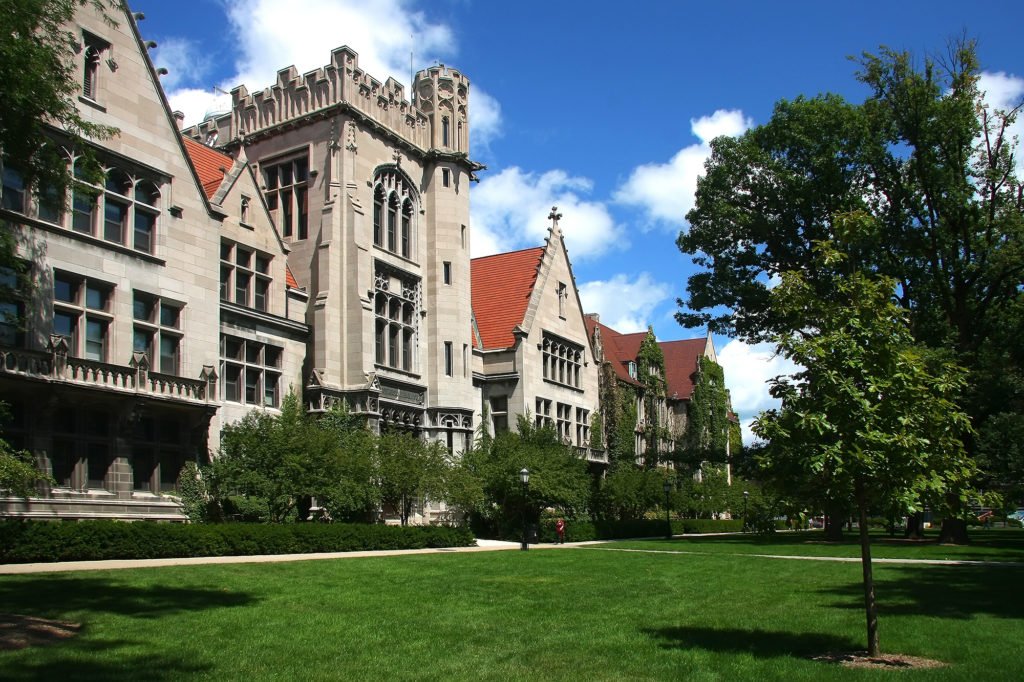
Illinois Appellate Rejects School Exemption for On-Campus Daycare
May 22, 2020
Share to:
Written by Scott L. Ginsburg and Katie Zumalt-Rogers
On May 15, 2020, the Appellate Court ruled that a daycare operated on the University of Chicago’s campus was “used with a view to profit” and therefore not entitled to a property tax exemption as a school under Section 15-35 of the Property Tax Code. 35 ILCS 200/15-35 (2020). The ruling in The University of Chicago v. Department of Revenue, 2020 Ill App (1st) 191195, confirms a narrow interpretation of the statute permitting property tax exemptions for schools. The Appellate Court found that even if the school itself was not profiting from the use, any party’s use of a property for profit would prevent it from obtaining a property tax exemption.
The University of Chicago is an exempt college that outsourced operations of its on-campus daycare centers to Bright Horizons, a for-profit entity. After receiving requests for onsite daycare services, the University had surveyed its faculty and found that the lack of an onsite daycare was a potential hinderance to attracting and retaining professors. The University contracted with Bright Horizons to fill this need. Bright Horizons contracted directly with parents for daycare tuition, and tuition rates were not within the University’s control. Per an operating agreement, the University handled the cost of exterior maintenance, heating, and air conditioning while Bright Horizons paid a monthly fee to the University for snow removal and lawn care.
The Department of Revenue denied the University and Bright Horizons’ exemption application, finding that the applicants did not present sufficient evidence to show that the daycare was in exempt ownership and use. Although the circuit court reversed the Department’s determination, the Appellate Court reversed the circuit court and sided with the Department. In determining that the University and Bright Horizons were not entitled to an exemption, the Appellate Court reiterated the principle that, in Illinois, statutory tax exemptions are strictly construed in favor of taxation. To qualify for a school exemption, the property in question must be used for school purposes and must not be used with a view to profit. The Appellate Court found that the University and Bright Horizons met their burden of showing that the daycare itself was reasonably necessary for accomplishing school purposes, but they did not satisfy the “view to profit” prong. This was because although the University was not profiting from the daycare center, the Bright Horizons organization made a large profit from tuition at the center during the tax year in question. Thus, the property was still being used with a view to profit and therefore did not qualify for an exemption from taxation.
This finding makes the important clarification that it is irrelevant whether the property owner or another third-party profits from the use of the property. Based on the narrow reading of the statute, any party’s use of school property to earn a profit is a bar to obtaining tax exempt status.
